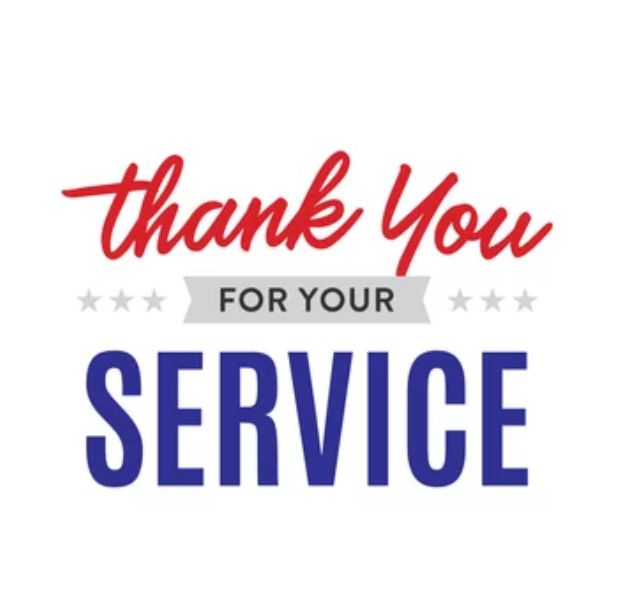The VA loan is a mortgage option available exclusively to Veterans, Service Members, and their qualifying spouses. The biggest advantage to VA loans is that they require absolutely no money down. VA loans are issued by private lenders and guaranteed by the U.S. Department of Veterans Affairs (VA). The government guarantee means that if you were to default on the loan, the government would repay the lender. Eliminating the risk is how lenders are able to provide mortgages with $0 down payments to borrowers who may not have excellent credit. Another big benefit to VA loans is they avoid the Private Mortgage Insurance (PMI) lenders tack onto the monthly mortgage payment when you put less than 20 percent down on a home.
In 1944, the United States government created VA loans to help returning service members purchase homes without having to come up with a down payment or maintain a high credit score. Since then, the program has guaranteed more than 25 million VA loans. The program has helped these Veterans, active duty military members, and their families purchase or refinance homes.

To be eligible for a VA loan, you must have served 90 consecutive days of active service during wartime or you served 181 days of active service during peacetime. You can also qualify if you have 6 years of service in the National Guard or Reserves. A spouse is eligible for a VA loan if the service member died in the line of duty or from a service-related injury.
If you don't meet these basic requirements, you may still qualify under certain circumstances. In these cases, eligibility would depend on the discharge type. You might still qualify for a VA loan if:
Lenders will need a Certificate of Eligibility (COE) to verify if you meet the minimum service requirements. Obtaining a CEO is usually a simple process for the majority of Veterans. Your lender can pull your COE from the database with your social security number and date of birth. However, in some cases, the process can be more complex. You don't need this document before applying for a VA loan, but it is a good idea to have it just to avoid any unexpected surprises with your eligibility.
The VA doesn't have a set minimum credit score requirement, but lenders have their own minimum credit requirements. Most VA lenders want to see a credit score of at least 620 but some will accept borrowers with scores as low as 580.
The VA home loan program doesn't have minimum limits or maximum limits to qualify. Your mortgage lender will review your personal income to determine how the mortgage payment you can afford. They'll also check your employment record to ensure you have a steady job providing a stable source of income.
The Debt-to-income (DTI) ratio is the percent of your gross monthly income that has to go towards your monthly debts. A VA loan typically allows a maximum DTI ratio of 41%. Lenders review your income to make sure your mortgage payment won't exceed this number. Your existing debts, including credit card payments, auto loans, student loans, etc, plus the mortgage payment, shouldn't exceed 41% of your monthly income before taxes.
We hope this article was of value to you. For more great tips, bookmark our site and for all your mortgage needs, visit Team Tina at TMFFMS.